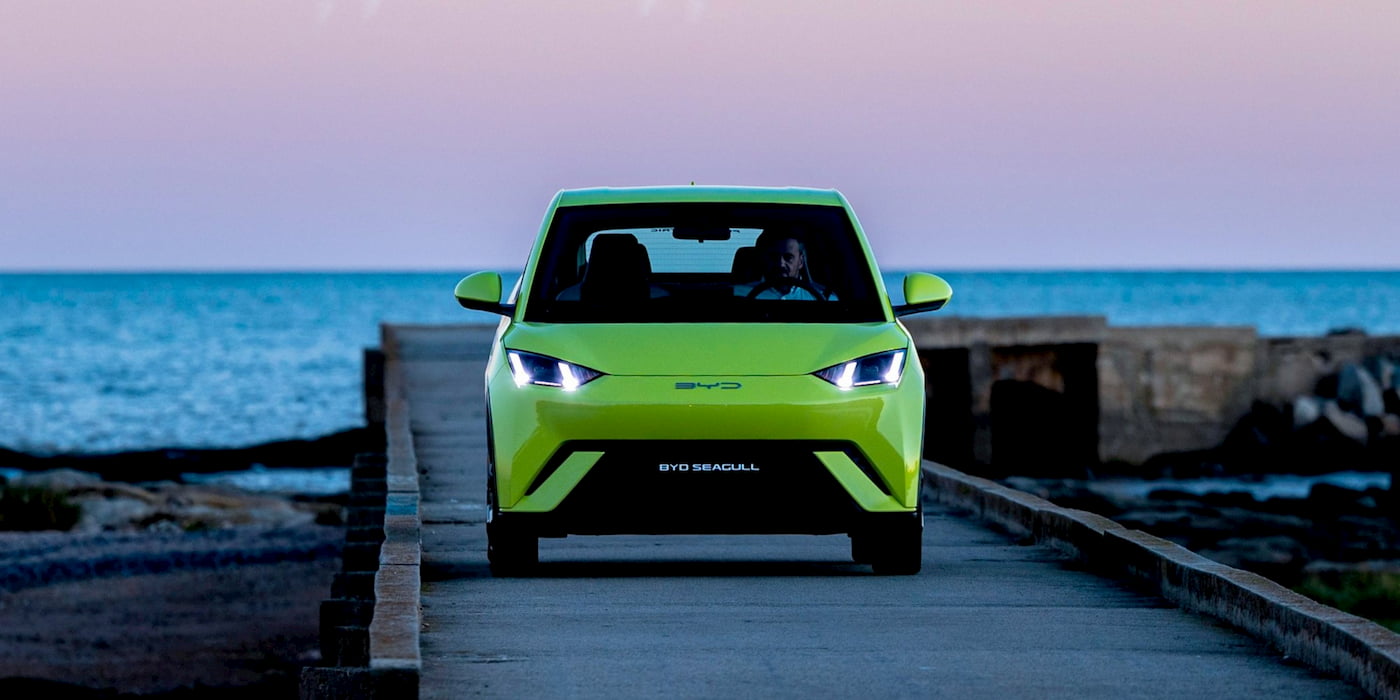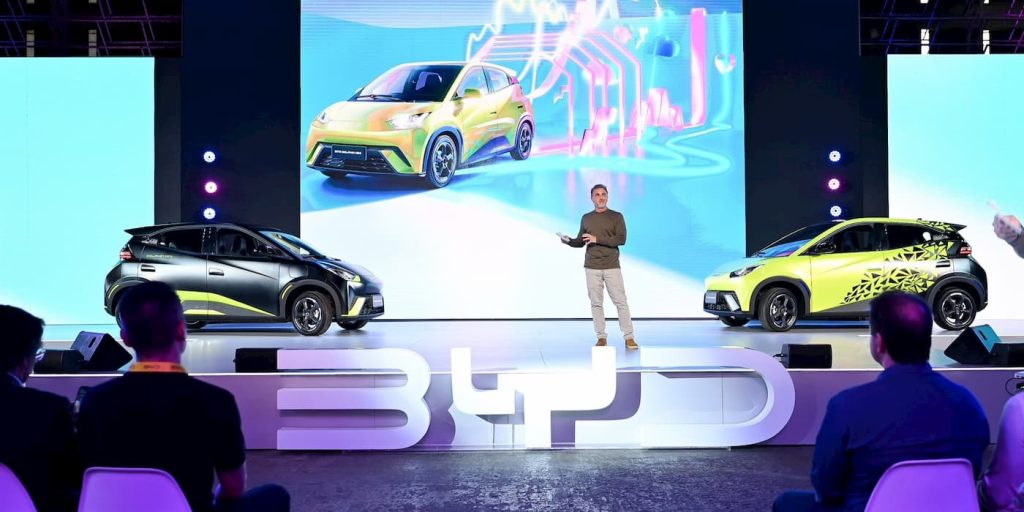
Development at BYD’s new EV plant in Brazil was abruptly halted Monday after authorities discovered Chinese language staff in “slavery-like” situations. The employees have been employed in China by one other agency, and BYD has since minimize ties. BYD and the agency at the moment are saying the time period “slavery” was unjustly used, and a few translations might have been misunderstood.
Why development at BYD’s EV plant in Brazil is halted
Up to date 12/26/24: This text has been up to date with the newest info, together with an announcement from Jinjiang Group and feedback from BYD’s common supervisor of public relations, Li Yunfei. Learn extra under.
Based on an announcement from the Public Ministry of Labor (MPT), 163 staff on the development website of BYD’s new EV plant in Salvador, Brazil, have been “being held in situations analogous to slavery.”
Development on the location was halted on Monday after the findings. Based on the authorities, Jinjiang Group, one of many contractors BYD employed to construct the brand new EV plant, employed the employees in China.
BYD launched an announcement saying it has minimize ties with Jinjiang and is aiding the victims as it really works with Brazilian authorities. All staff shall be transferred to lodges. They will be unable to work and could have their contracts terminated.
Alexandre Baldy, senior vp of BYD Brazil, stated the corporate stays “dedicated to full compliance with Brazilian laws, particularly with regard to the safety of staff’ rights and human dignity.”

The MPT assertion detailed the intense “slavery-like” employee situations. For instance, they’d one lavatory for each 31 staff, forcing them to get up at 4 am to get in line to be prepared for work at 5:30 am. They slept with out mattresses on the mattress, and the kitchens operated in “alarming situations.”
If a employee give up after six months, they would go away the nation with none pay after factoring in the price of a round-trip airplane ticket.

BYD stated it has held a “detailed evaluate” over the previous few weeks. The Chinese language EV large requested Jinjiang a number of instances to enhance the situations.
A joint digital listening to of the MPT and MTE is scheduled for December 26. The MPT stated the necessity for brand spanking new “on-site inspections” has not been dominated out. BYD’s new EV plant is ready to start manufacturing subsequent yr. Examine again quickly for extra updates on the state of affairs.
Replace 12/26/24: Jinjian Group stated the portrayal of its staff working in “slavery-like” situations was inconsistent, and a number of the translations might have been misunderstood.
“Being unjustly labeled as ‘enslaved’ has made our staff really feel that their dignity has been insulted and their human rights violated, critically hurting the dignity of the Chinese language individuals,” Jinjiang stated in a social media put up (through Reuters). The corporate issued a joint letter to situation an apology.
BYD’s common supervisor of public relations, Li Yunfei, reposted the assertion. Li added that “overseas forces” and another members of the media have been “intentionally smearing Chinese language manufacturers.
Mao Ning, a spokesperson for China’s overseas ministry, stated the Chinese language embassy in Brazil was in talks with leaders within the area to confirm the accusations.
BYD is already a top-selling EV model in Brazil. In October, it launched its first pickup, the Shark PHEV. The pickup is BYD’s sixth car in Brazil, becoming a member of different well-liked fashions just like the Dolphin Mini (Seagull), Yuan Plus, and Dolphin.
As soon as up and operating, which was anticipated later this yr or early 2025, BYD’s Brazil plant could have an annual manufacturing capability of 150,000 automobiles.
Supply: Bloomberg, Brazil Public Ministry of Labor
FTC: We use revenue incomes auto affiliate hyperlinks. Extra.



